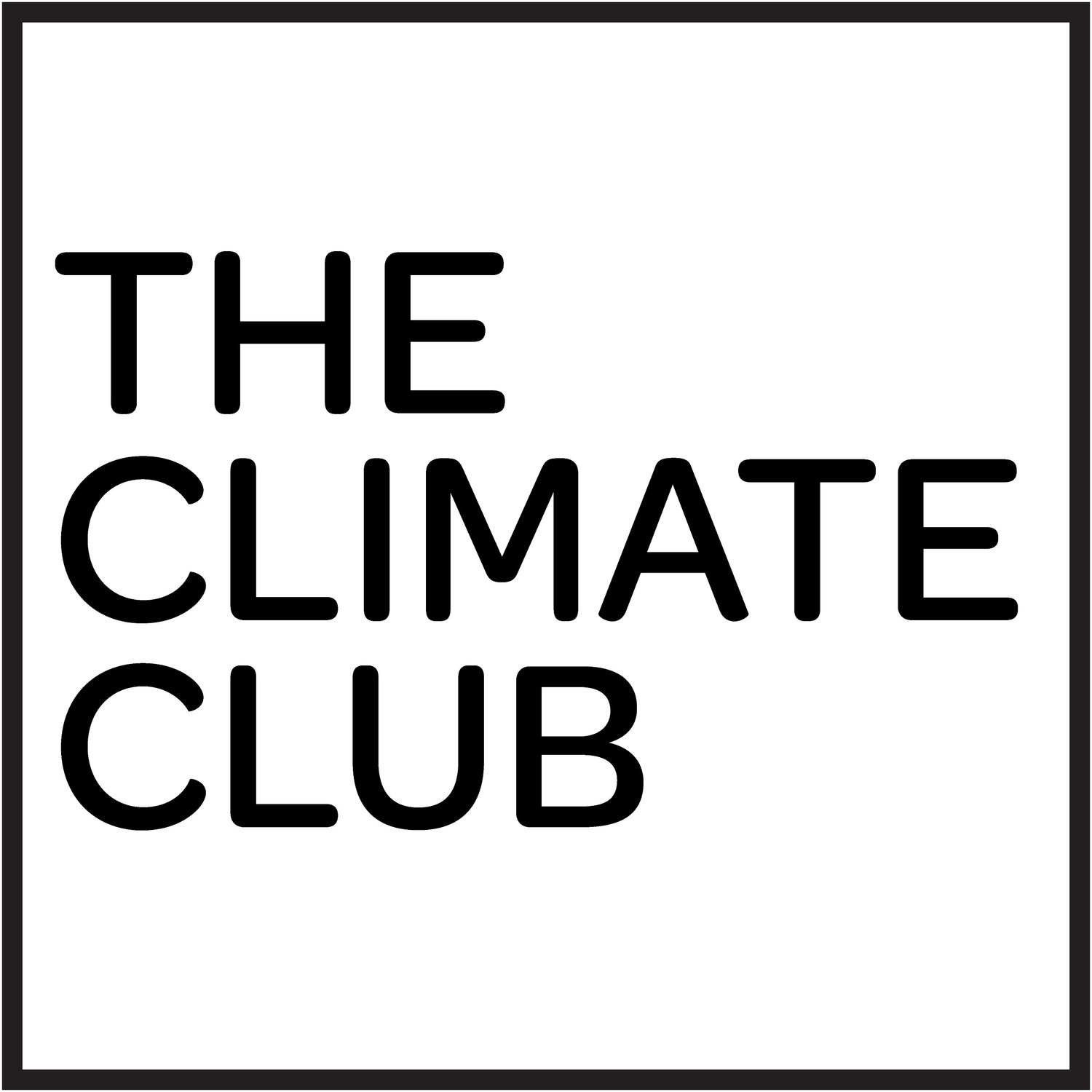Climate Change Impacts on Food Price
Over the past year, food prices have been skyrocketing in New York and elsewhere across the country. This drastically increases costs of living. Aside from that which is offered at restaurants, practically every raw material price in the market has increased and continues to climb.
According to the Bureau of Labor Statistics, food prices were 9.4 percent higher in April 2022 than in April 2021, the biggest yearly increase in 41 years. Additionally, grocery costs increased 10.8 percent and menu prices by 7.2 percent. Global food prices have also risen dramatically, with the cost of wheat up by 80%.
These price increases can be attributed to a variety of factors, ranging from the COVID-19 pandemic to inflation to the war in Ukraine. But what people may overlook, despite the fact that it is the most serious factor, is climate change.
Climate change has resulted in rising global mean surface temperatures, increased rates of both drought and precipitation extremes, and more. Warmer temperatures, changes in rainfall patterns, and an increase in the frequency and intensity of extreme weather events are all results of climate change’s progression. These shifts may prohibit farmers from cultivating their croplands at the appropriate time, resulting in yield loss and inefficient acreage allocation. At the same time, climate change raises food demand, resulting in a demand-supply imbalance. As a result, the main causes of high and unpredictable food costs are growing demand and climate change.
Additionally, climate change has an impact on global, regional, and local food security by changing food supply, reducing access to food, and making food storage more difficult. The food system encompasses all operations associated with the production, transportation, trading, storage, processing, packing, wholesaling, retailing, eating, and disposal of food. Any factor in this process is vulnerable to climate change hazards.
Climate change's impact on agriculture and food security has long been a big concern across the world, and worsening weather has only exacerbated the situation. For example, this spring has been scorchingly hot in India, a major wheat exporter, while drought has harmed crops in the United States' southern Great Plains and East Africa.
Because agriculture is the backbone of most economies, many developing nations face serious climate-related challenges related to agricultural output. Climate-related factors affecting agriculture include temperature and precipitation fluctuation, CO2 concentration increases, and extreme weather events such as droughts and floods.
Further, and for similar reasons, most crop-producing nations have significant climate-related constraints upon possible crop yields. When these countries are affected by climate change, food security is jeopardized. This primarily affects the production of the world's major staple crops (wheat, rice, maize, and soybeans), which account for three-quarters of global food calories.
According to recent research calculating the potential impacts of climate change on global food production, climate change is expected to lower total output by up to 9% in the 2030s and by 23% in the 2050s. These developments are expected to have an impact on consumers and producers in the United States and elsewhere around the world, as they are part of a highly interconnected global food system.
Finally, climate change has a significant influence on food prices since it is certain that climate change will have an impact on the sector along the food supply chain—from agricultural production through processing activities, storage, transit, retailing, and human consumption. Climate-change-related effects, on the other hand, will be context-specific; the scope and amplitude of these consequences will also be heavily impacted by global socioeconomic trends and shocks. Nonetheless, we must pay close attention to future climate, as well as the exposures and reactions of the interconnected human and food systems to climatic changes across time.
